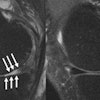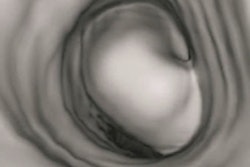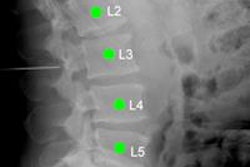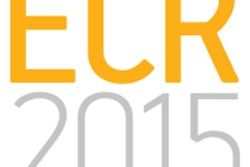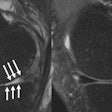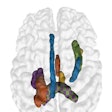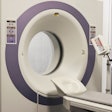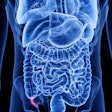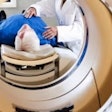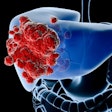Segmentations of other organs using CT data have shown good performance, with accuracy as high as 90%, but pancreatic segmentation schemes have fallen closer to the 50% range, owing to great variations in size, shape, and location.
Segmentation has many potential benefits in diagnosis and treatment, but success requires a novel approach, according to lead investigator Holger Roth, PhD. The study team's deep learning-based approach advances the state of the art in pancreatic segmentation.
"Automated pancreas segmentation in CT imaging could be useful for many computer-aided diagnosis systems, e.g., for quantifying diabetes," he wrote in an email. "We propose a novel bottom-up, multilevel [method] for training deep convolutional neural networks to automatically perform the pancreas segmentation task."
The investigators tested their method on CT scans of 82 patients, including 62 training sets and 20 testing sets, achieving accuracy of approximately 75%. The method also provided an extensive evaluation of the minimal surface distance between ground truth and the segmentation.



